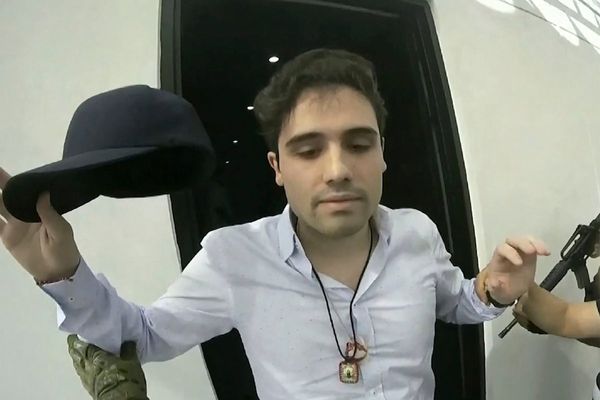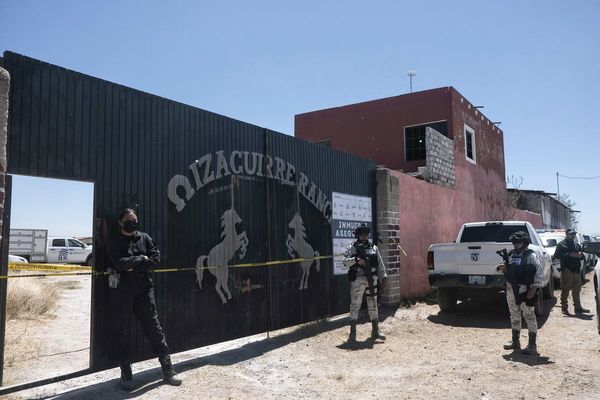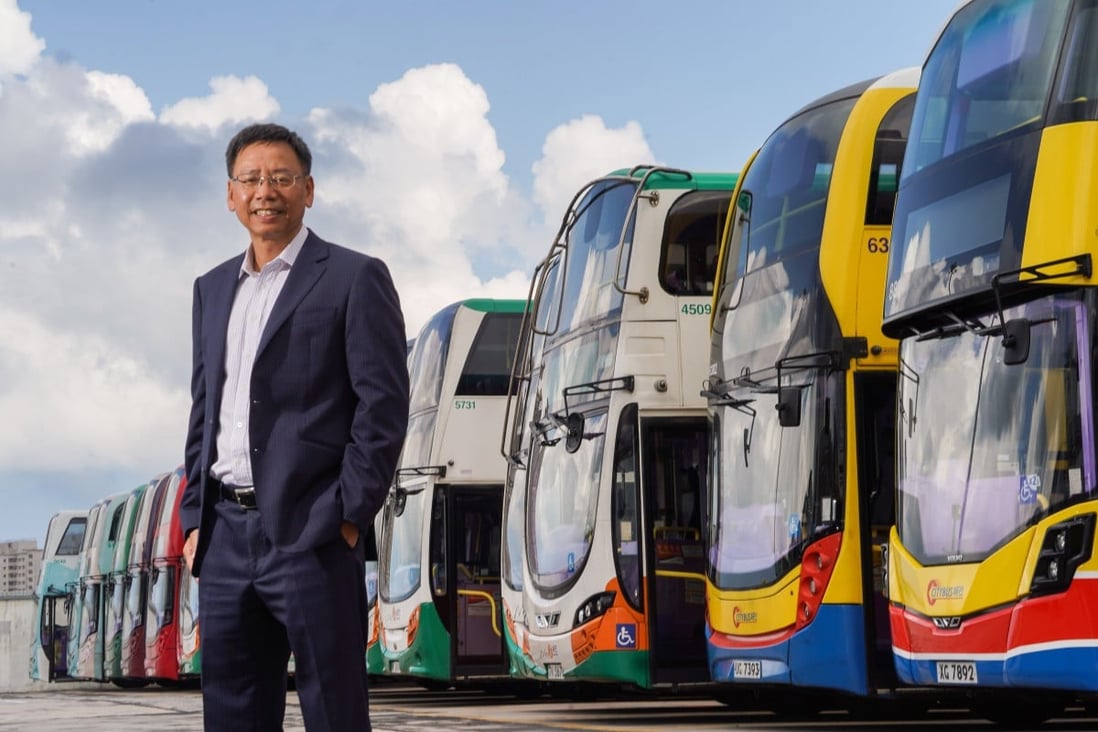
One of Hong Kong’s largest bus companies wants the government to fix its system of approving fare adjustments for franchised bus services, saying operators are suffering huge losses in the ongoing economic slump brought on by the coronavirus pandemic.
The system is flawed because it is opaque, drawn out and unpredictable, said William Chung Chak-man, vice-chairman of Bravo Transport Services, the new company which runs Citybus and New World First Bus.
Despite getting approval for two rounds of fare increases, his company is making massive losses and is likely to seek yet another fare rise.
“We are just a commercial entity, not running a social welfare organisation. We can’t afford to keep doing a non-profitable business,” he said in an interview with the Post.
He called for an overhaul of the fare adjustment mechanism for franchised buses, to make it similar to the process that allows rail operator MTR Corporation an automatic yearly review through a simple, transparent regime.
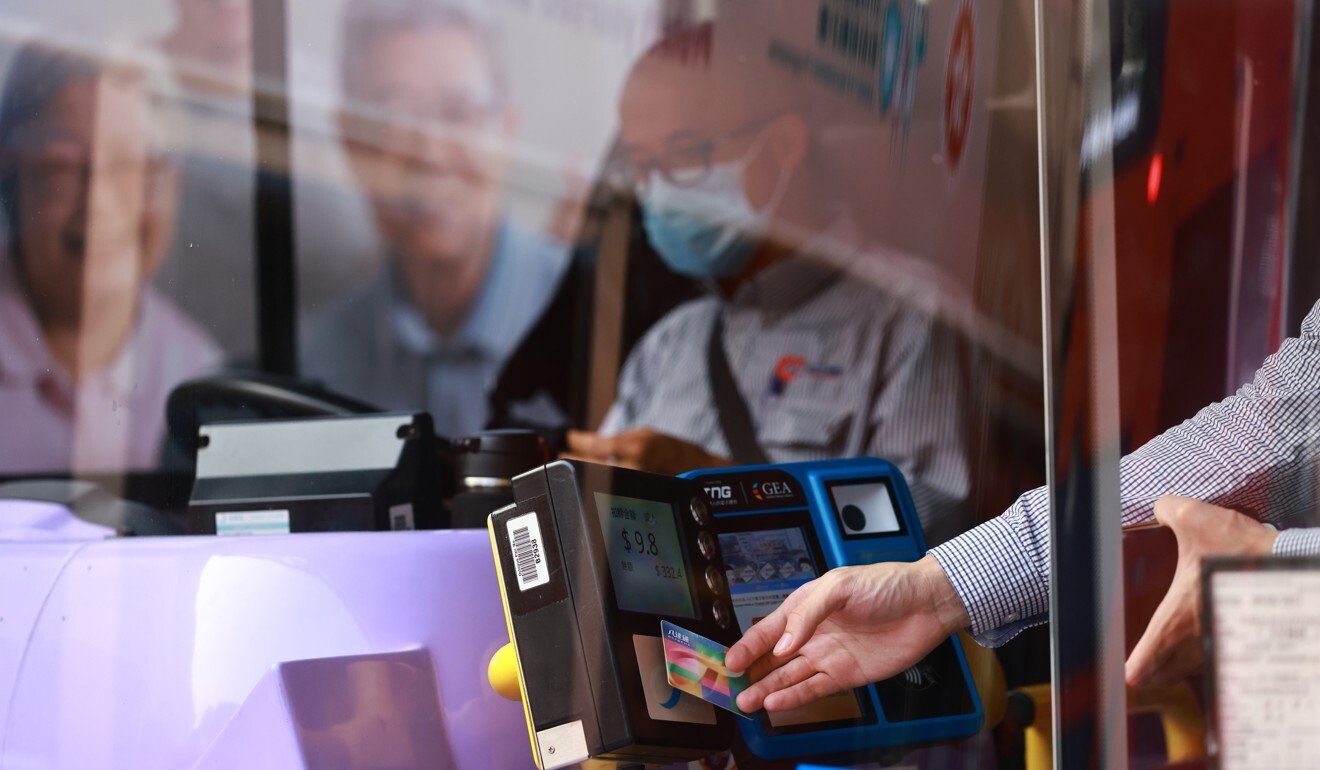
However, a spokeswoman for the Transport Bureau told the Post that any changes to the fare adjustment mechanism for franchised buses would have to be handled carefully.
“As the existing arrangement can basically strike a balance between the sound operation of bus services and public affordability and acceptability, we do not envisage a need for an overhaul of the current fare adjustment mechanism,” she said.
No decision yet on merging firms
Bravo took over the two bus companies after a consortium led by private equity fund Templewater Bravo paid HK$3.2 billion (US$412 million) to buy them from infrastructure company NWS Holdings last October.
Confirming an earlier Post report, Chung said Bravo was considering merging Citybus and New World, which account for about 30 per cent of the city’s franchised bus operations, running a 1,700-strong fleet on more than 210 routes, with a total of 5,100 workers.
Hefty losses since the Covid-19 pandemic struck in January last year have forced the company to examine cost-trimming options including a merger, realigning a third of its routes on Hong Kong Island and further staff lay-offs.
New owner considers merging Citybus, New World First Bus operations
No decision has been made yet, and Chung said the merger option needed time to be considered.
In March, the government allowed both firms to raise fares by almost 12 per cent in two phases – 8.5 per cent from April 4 and a further 3.2 per cent from next January 2.
But Chung said: “Even with the fare rise, we are still running a loss of over HK$30 million a month. The Covid-19 pandemic has taken a toll on us and it will take a long time before we can restore business to normal levels, especially for the profitable airport and port routes.”
The group’s pre-tax loss reached HK$813 million last year as overall ridership fell 27 per cent compared with 2019. Ridership on its airport routes plunged by more than 90 per cent as international travel ground to a halt.
Government subsidies helped reduce the loss to HK$262 million for last year, but for the three months from last December to this February, losses have already soared to HK$221 million and given the pandemic situation, the outlook remains grim.
Chung said: “If a firm is running a loss for a long time, who is willing to continue the business?”
Calling for the fare adjustment system to be revamped, he said bus operators would be able to sustain their business over the long term if Hong Kong allowed minor annual fare adjustments based on specified economic indices.
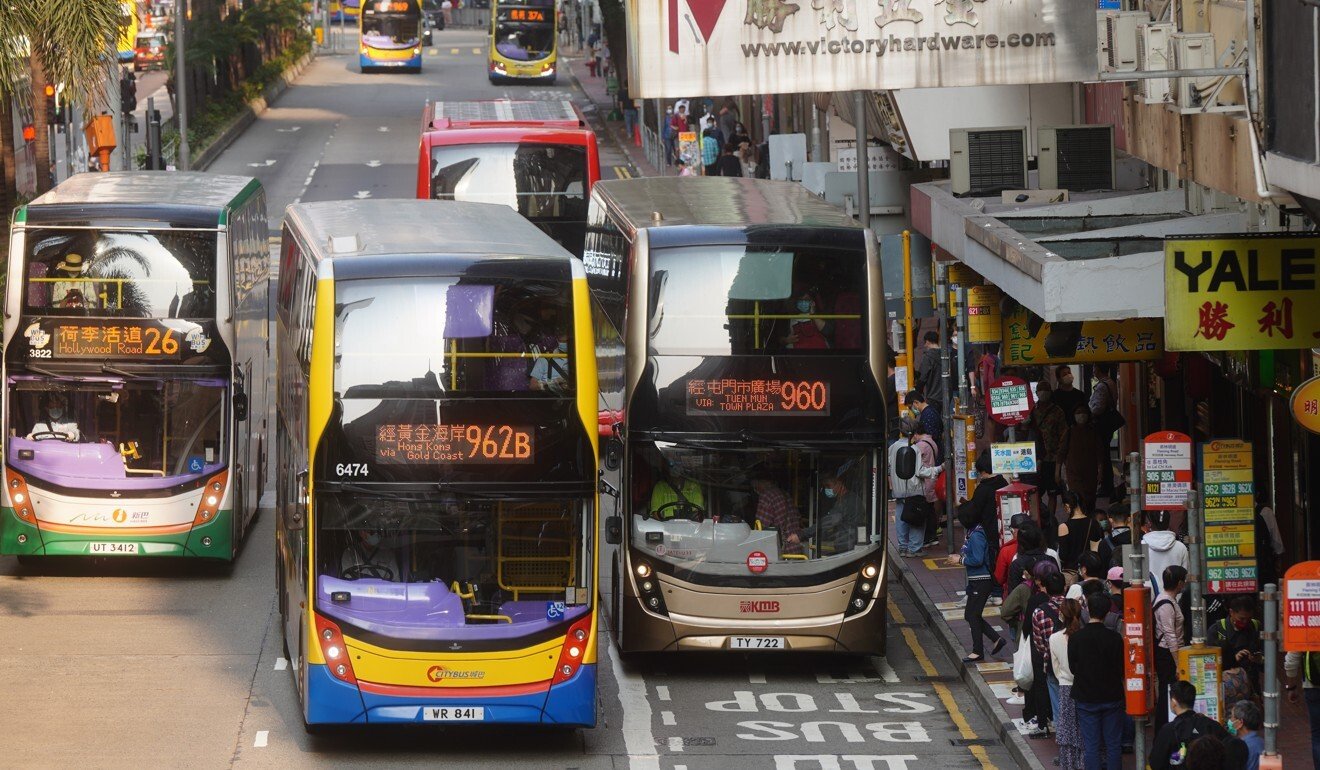
At present, bus operators have to request fare adjustments and their applications are considered behind closed doors by the Executive Council, the city’s de facto cabinet.
“The current bus fare mechanism is riddled with problems and without transparency,” said Chung, adding that there is no time frame for Exco deliberations. “The Exco never tells us the rationale for their decision, and we never know how long they will take to deliver a decision.”
While MTR Corp’s annual fare changes are simply based on a fare adjustment formula, the fare formula for franchised bus operators only serves as a reference for the Exco, which also takes into account factors such as the bus companies’ operating costs, revenue, public acceptability and affordability.
As a result, Chung said, bus operators have been hesitant to seek fare reviews, never knowing when they will know the outcome.
Chung pointed out that when Citybus and New World raised fares by 9.9 per cent in January 2019, they were the first increases in 10 years.
The firms received approval again this year to raise fares, but he said they applied to do so in August 2019, after business was hit by the social unrest that year and competition from new railway lines.
“The government held up our application and only approved it this March. In the end, we are left forever playing catch-up,” he said.
Repairs in works for Stanley Post Office after bus runs into building
Chung also urged the government to create a reserve fund with contributions from bus firms’ excess profits, saying this could be used to help bus firms cope with any future financial hardship.
Bravo has put its suggestion for a revamp to the Transport Bureau, and was told the idea will need a thorough discussion with other bus operators and stakeholders.
“We hope the government will understand that we need a way to sustain our operations, otherwise passengers may have to bear our financial burden. A piecemeal approach will never work,” he said.
Bravo’s current fare increases do not take into account the impact of the pandemic, he said, and added that after the second round on January 2, it is likely to apply again for yet another increase.
‘Careful with every penny spent’
Chung said the company was still weighing the pros and cons of merging Citybus and New World, and this would take time.
One issue complicating matters is that the firms currently charge fares under different scales. Chung said a merger would require realigning fares, which might upset some passengers and trigger a public backlash.
Bravo had also considered having the same colour for its combined bus fleet and the same uniform for frontline staff, but it was weighing the cost.
Hong Kong double-decker bus driver arrested after vehicle knocks down passer-by
“We are talking about spending more than HK$30,000 to paint each bus and ordering more than 10,000 sets of brand new uniforms for our staff. We need to consider if this is worth it,” he said.
“Nowadays we are really cost-conscious. We need to be careful with every penny spent.”
He declined to say if the company has broached the merger idea with the government.
Quentin Cheng Hin-kei, spokesman for the commuter concern group Public Transport Research Team, agreed that the existing fare adjustment mechanism was unfair to bus operators and needed overhauling.
“The government also needs to devise a subsidy model to assist bus firms to tide over financial difficulties,” he said.
However, the Transport Bureau expected that as the impact of Covid-19 gradually subsides, the financial situation of bus operators would gradually improve, its spokeswoman said.
“The government will continue to encourage and assist franchised bus operators to adopt a multipronged approach in the longer run in implementing revenue-raising and expenditure-cutting measures, including enhancing the bus service network through bus route rationalisation, further improving operational efficiency and increasing non-fare revenue,” she said.


